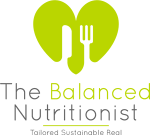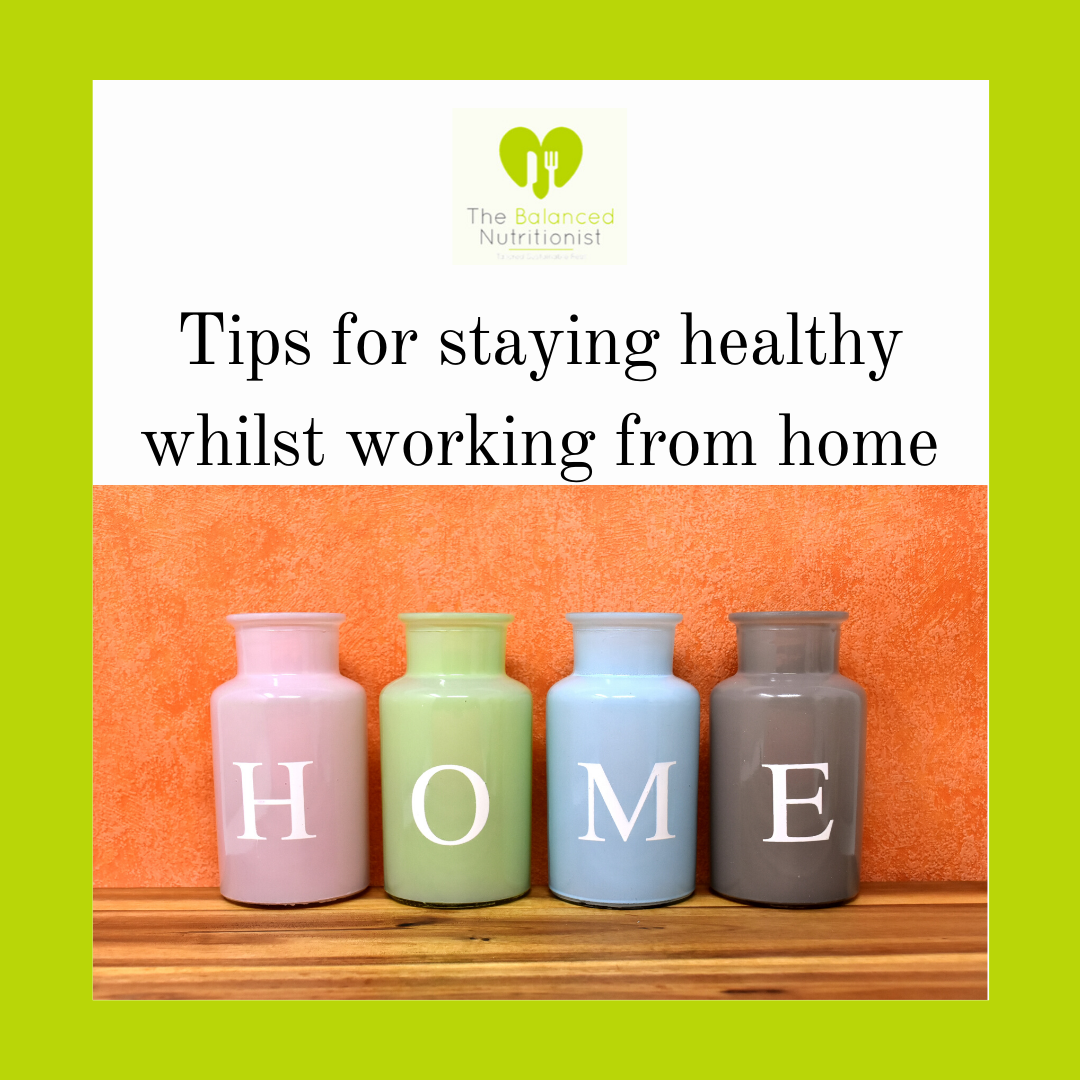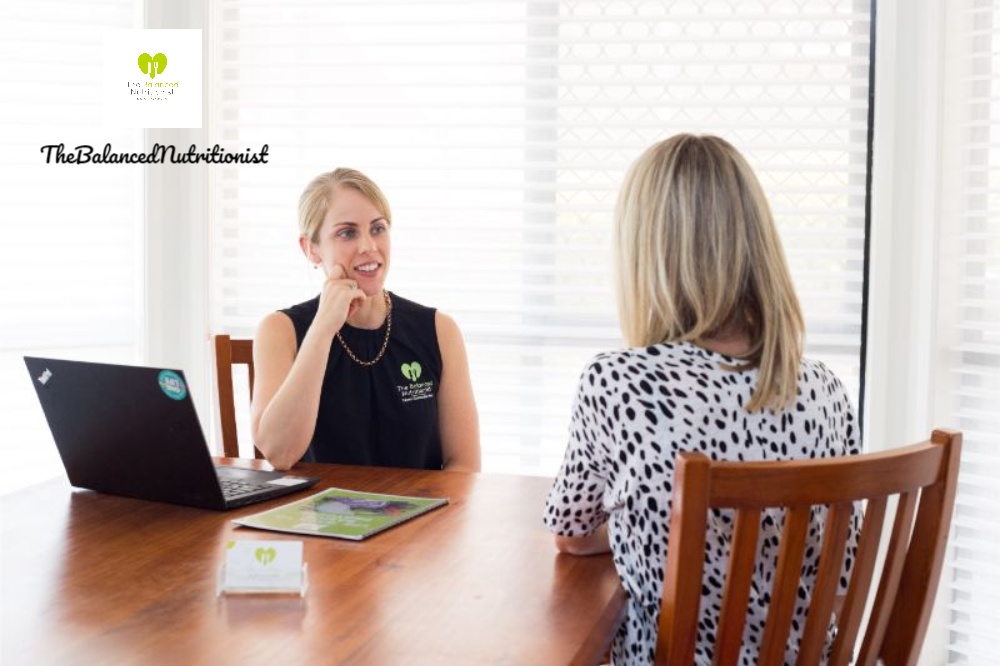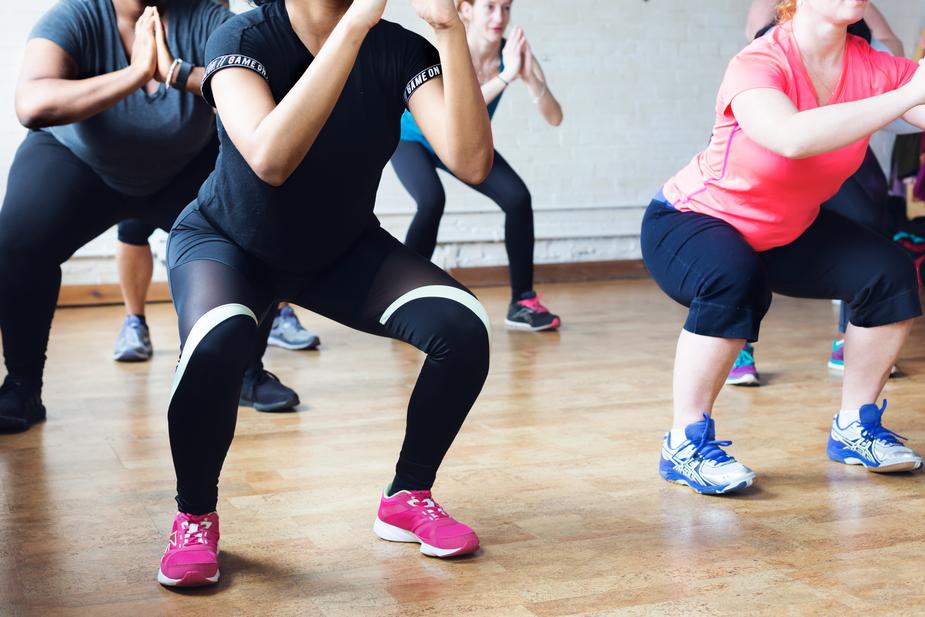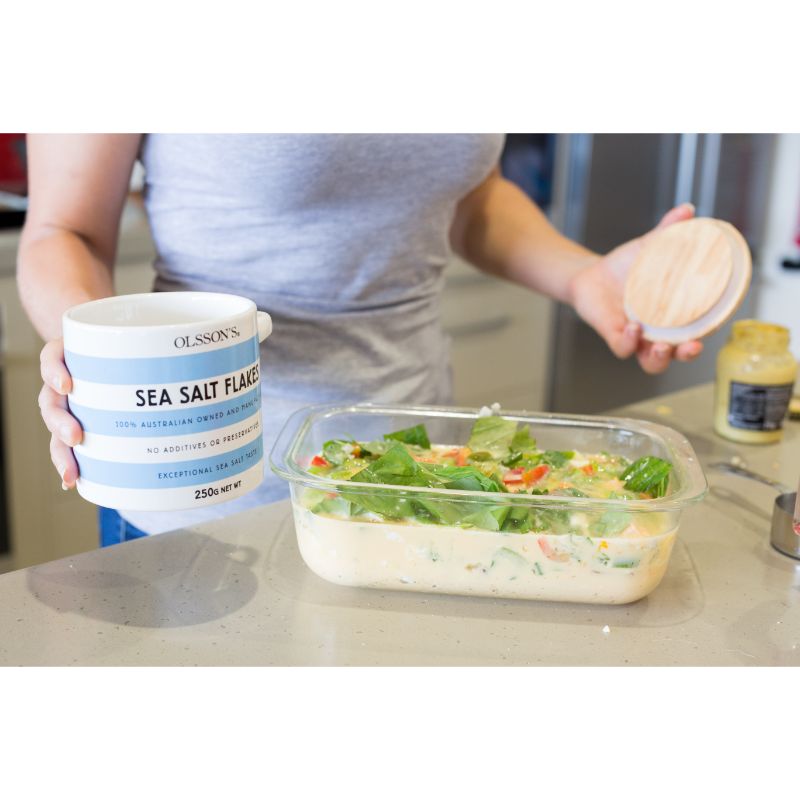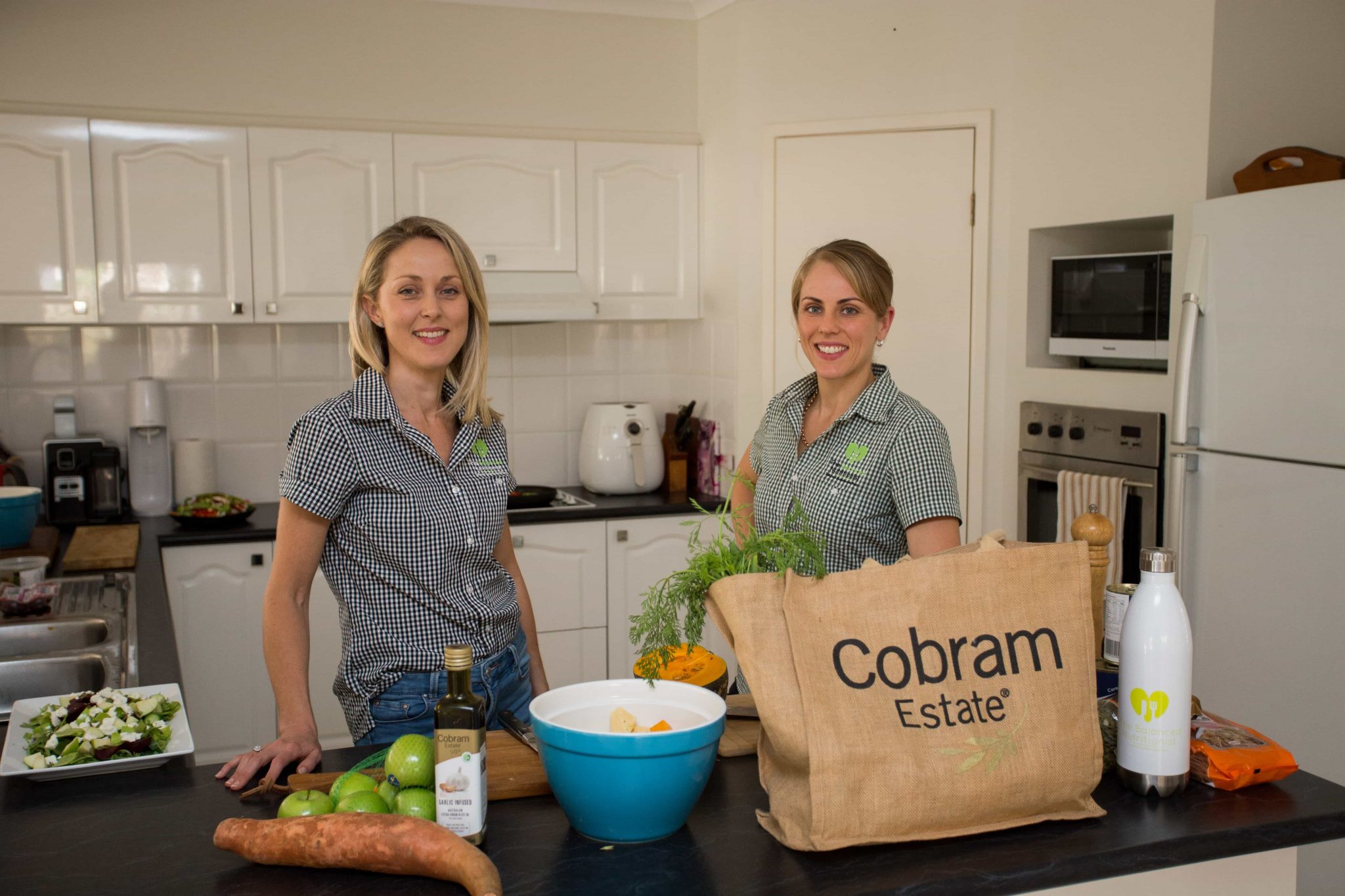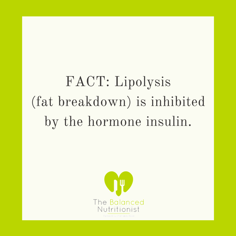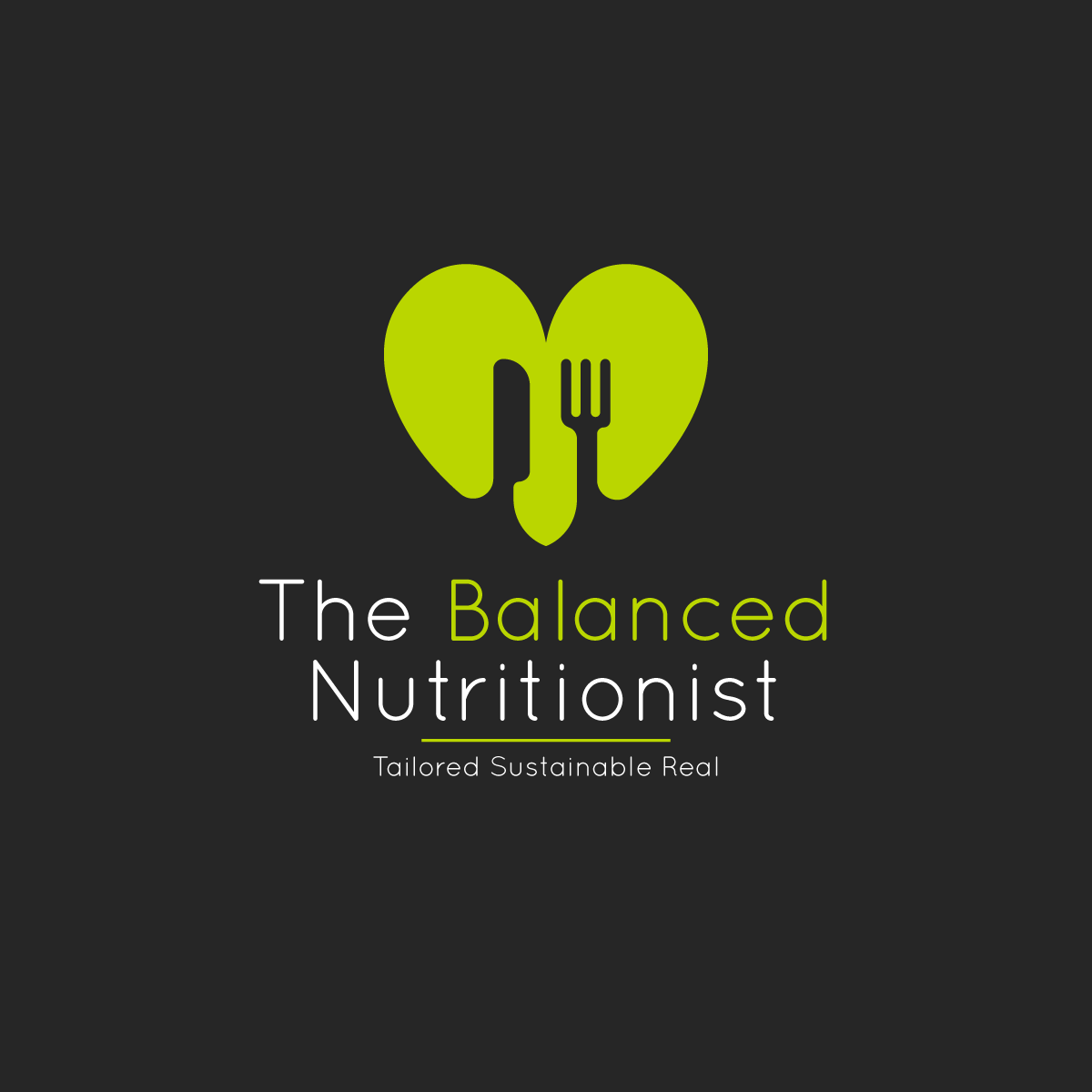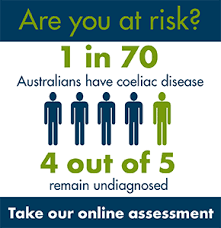On the weekend, we provided comments for an article in the Courier-Mail, on this very topic ‘staying healthy whilst working from home’. Since your working environment may have changed dramatically recently, here are some tips for staying healthy despite the change to routine:
- If you’re used to packing a healthy lunch each day continue to do this every morning before you actually start work. If you don’t prepare something healthy in advance, you’ll go to the fridge mindlessly at lunchtime and be more inclined to choose something less healthy… or even Uber eats instead!
- Keep a large glass of water at your desk and continually sip throughout the day. Topping up gives you a chance to stretch your legs, gets the blood pumping and gives you a moment to refocus. If you don’t stay hydrated you may mistake hunger for thirst. Plus you’ll feel lethargic and might even get a headache.
- If you’re in an exercise pattern already, keep it the same! Don’t promise yourself you will ‘just do it later’ because chances are you won’t. Slot it in as normal. And if it’s not part of your routine, then with all the extra time you have minus commuting… Why not make it a habit from now?
- Stock on up fresh veggies to use as a base for salads or lunchtime wraps and fruit for snacking. There are amply supplies of fresh products at your local fruit and veg markets. It’s the supermarkets that have been cleaned out. Support the little guys. And stocking up on pasta and confectionery has no benefits right now or ever for that matter.
- As the weather cools, consider popping something rich in nutrients into a slow cooker first thing in the morning. It will be ready in time for lunch. vegetable-rich dishes with either pulses or some form of meat protein are a great, healthy and filling option. Keep an eye on our Facebook page as we will be sharing heaps of recipe ideas over the coming weeks.
- Actually, eat proper meals. If you get into the habit of skipping lunch altogether, you will be hungry and you’ll go for quick snack foods high in sugar continuously for fast pick me ups and you’ll only come crashing down again.
From personal experience (keeping it real as always) the hardest part about working from home is avoiding mindless eating as a result of procrastination. To avoid this, it’s best to make sure you don’t have temptations lying around – like chocolates, chips, and biscuits. Apps that boost productivity are really handy as well. For example, the Pomodoro app is a free download on your computer that encourages you to focus for 25 minutes at a time and then allows you a 5-minute break. Psychologically it works! It’s like having a robot boss on your computer keeping you accountable to your work and stopping you from mindlessly walking to the kitchen!
We hope that helps. If it’s business as usual for you (but from home instead) and you’d like to seize this opportunity to work on your general health, reach out and book an appointment here – we are still operating by Skype / in clinic 6 days a week.
